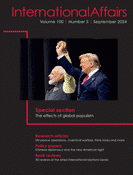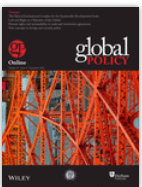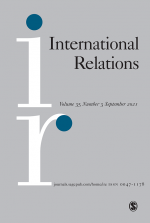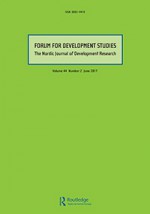Beyond Exit: How Populist Governments Disengage from International Institutions

This is an open-access article.
There is a widespread belief among scholars and policy-makers that populism has fuelled a unilateralist backlash because of its emphasis on nationalism, popular sovereignty and identity politics. Although a few populist governments have indeed withdrawn from some international institutions, this ‘disengagement hypothesis’ needs to be scrutinized and unpacked. In this article, we develop a framework that distinguishes between four types of institutional disengagement—criticism, obstruction, extortion and exit—and show that populist governments use them in a fluid and tactical way to navigate between the radical and pragmatic imperatives of populist politics. Our comparative case-study of the Hungarian executive under Viktor Orbán (since 2010) and the Trump administration in the US (2017–2021) demonstrates that both governments have frequently used criticism, obstruction and extortion to disengage from international institutions but have only rarely exited from them. The article thus deepens our understanding of the impact of populism on both individual institutions and the multilateral order more broadly, and helps policy-makers develop strategies to counter the adverse effects of populism.







